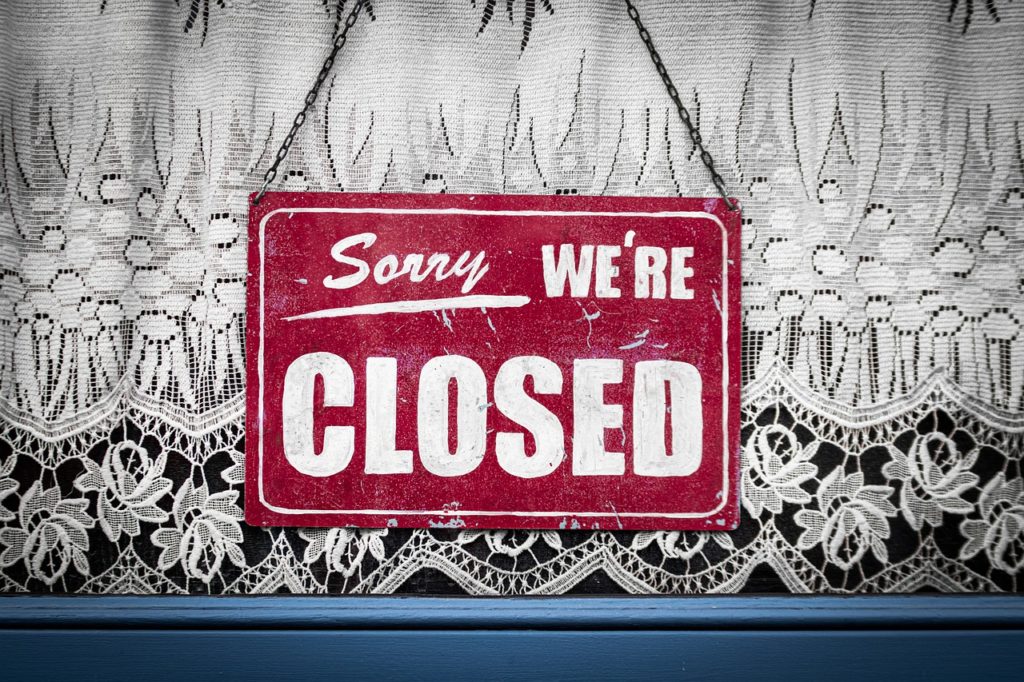From tomorrow, all bars, cafes and restaurants in Belgium are in lockdown the second enforced closure this year, introduced for one month in an attempt to slow or stop the growth of the coronavirus epidemic in the country.
Bars and restaurants were closed down in March, at the start of the epidemic in Belgium, as were non-essential shops and other places where people might gather in close proximity.
This time, the hospitality sector is singled out, despite overwhelming evidence that the main sources of infection are the home and the classroom. So why is one industry being singled out?
La Libre Belgique newspaper has uncovered the answer, in the form of a document provided by Dr Erika Vlieghe, who chaired the committee to organise the exit strategy from the first lockdown, to the consultative committee that this week ordered the second lockdown.
The argument for closing the bars and restaurants – a measure that will lead to the permanent closure of hundreds of businesses or more, according to sector representatives – rests on three cases, in China, Austria and Japan.
Firstly, the layman will point to certain aspects of the horeca industry – hotels, restaurants and cafes – which would tend to suggest they could be hotbeds of infection. These include the lowering of inhibitions caused by alcohol, the close proximity of customers, the absence of masks among those eating and drinking, and things like talking louder and moving around.
More technically, the Vlieghe note cites three documented cases. In one case, referring to a locus of infection in a restaurant in China, three families dining separately in a dining room because infected because of the ventilation system, allied to the disputed theory of aerosol transmission.
In another case cited, a large number of people became infected by visiting an après-ski bar in the Austrian resort of Ischl even before the pandemic became worldwide news.
The third example cited by Vlieghe, which looked at clusters of infection in various locations, and found that bars and restaurant were the third most likely sources of infection, after health-care establishments in first place, and care homes in second.
La Libre confronted health minister Frank Vandenbroucke with the document, and he denied it was the sole justification for the new lockdown.
“In the context of the situation of today, the question of the relative weight of horeca as a link in the chain of infection is not at the heart of the debate,” he said.
“Our reasoning is simple: we must at all costs, alas, reduce the number of human contacts, without making impossible those that are very important or even indispensable, such as schools, work, shops, personal household visits.”
The government has meanwhile offered a package of support measures for the industry amounting to €500 million, details of which will be finalised at a meeting to take place today.
Alan Hope
The Brussels Times

